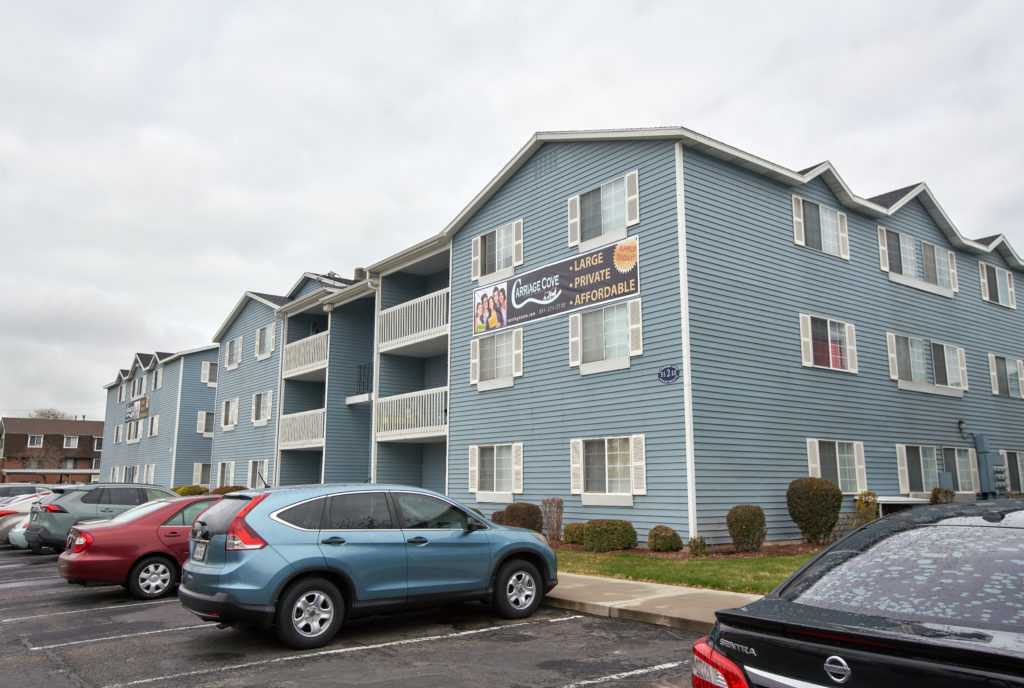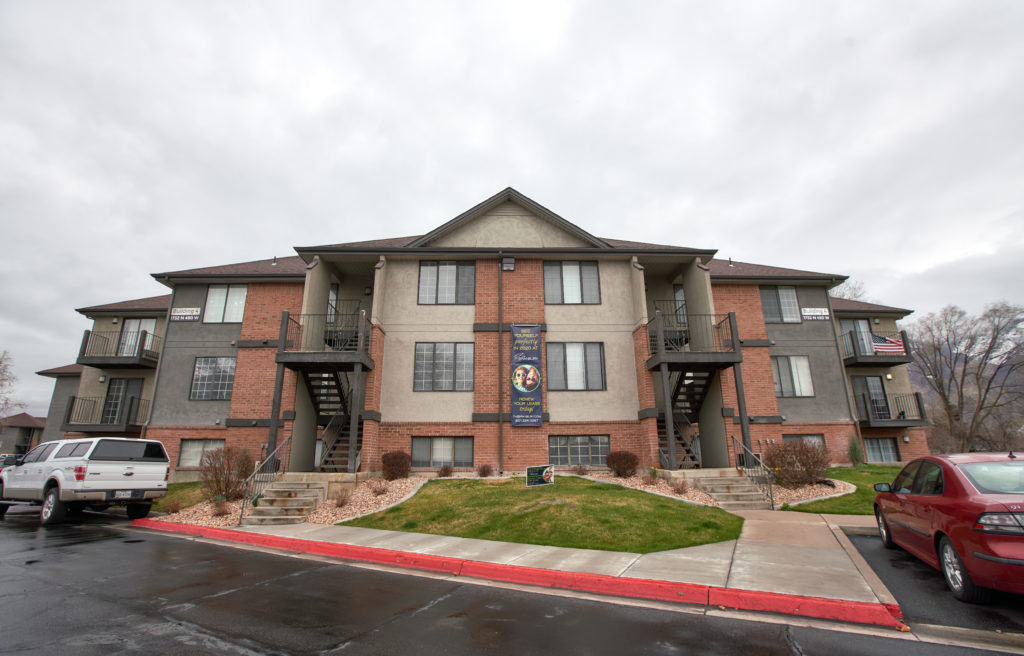Leer en español: BYU anima a los propietarios a colaborar con estudiantes que solicitan cambios
The BYU’s Off-Campus Housing Office is encouraging landlords to cooperate with their tenants after the university moved classes online and encouraged students to return home if possible.
The BYU Off-Campus Housing Office contacted all property owners and management agents by email on Saturday, March 14, and strongly encouraged them to work with students during this difficult time.
The message sent to landlords encouraged them to revisit sections 16, 17 and 20 of the BYU Off-Campus Housing Handbook. The email also cited section 18, which states: “Landlord agrees to comply with any reasonable requests of the BYU Off-Campus Housing Office relating to the safety or general welfare of tenants.”

“We ask that you carefully consider the importance of assisting students during this extraordinary time.”
BYU spokeswoman Carri Jenkins said it’s up to students to terminate their contracts. “The Off-Campus Housing Office encourages students to communicate with their landlord or the landlord’s agent(s) concerning a contract release for any concerns related to COVID-19,” she said. “The OCHO encourages all contracted landlords to keep the health and safety of the student and their staff at the forefront in these conversations.”
Some students say that they are not able to terminate their contracts.
Julie Brooks, a first-year BYU law student, currently lives in BYU-contracted off-campus housing, but this week she began considering making the trek home to Washington, D.C.
“I was thinking about going home and I was looking over my lease agreement,” Brooks said.
She came across Section 23 point B, which reads: “If the student leaves school due to a verified unforeseeable and unexpected catastrophic loss or serious illness, the student can terminate their own contract.”
Brooks sent her landlord an email citing this section of the contract and requesting to terminate her contract.
At first, her landlord said they could only terminate her contract after 120 days. Brooks accepted that negotiation but later received another email from her landlord saying they were not willing to release her under that section. The landlord said her only option out of the contract was to sell her lease.
“I was so angry I could not sleep,” Brooks said.
She started a change.org petition to allow students cancel their contracts. It has over 16,000 signatures as of Tuesday afternoon.
“I’m not really someone to hold up a sign at a rally. I’m not really an activist at all,” Brooks said, but receiving news that she wouldn’t be allowed out of the contract caused her to change her tune.

There have been some negative comments about the petition. Brandon Corry, a senior studying communication disorders, disagrees with the mission of the petition.
“I don’t agree that BYU advising people to leave should fit under (this clause)” he said.
Brooks, however, thinks those against the petition have misunderstood her mission. “They seem to believe that students are trying to get out of their contract just because,” she said. “If the university tells us to leave and it’s in our agreement that if there’s a catastrophe we can be let out, we should be let out. Just because it’s extreme doesn’t mean it’s unreasonable.”
Brigham Daniels is a professor at the J. Reuben Clark Law School. While he doesn’t know the particulars of the situation, he says the word “reasonable” is intentional.
“What is a reasonable request is in many ways going to be determined by the circumstances in which we find ourselves,” he said. “What seemed like an unreasonable thing 10 days ago, like canceling March Madness, today seems completely obvious that we would do that.”
Daniels says the same could go for the landlord contract. “I also think it’s very possible that landlords might see it differently themselves,” he said. “It’s possible that the university will see it differently. It’s possible that students might start demanding things because of that. It can mean different things next week than it does this week.”
BYU law professor Matt Jennejohn said his experience in contract law tells him that a contract similar to BYU off-campus housing ones might not be as binding during a worldwide pandemic.
“Contract law in the United States recognizes that some contracts may conflict with public policy, and it allows courts in those situations to refuse to enforce the agreements,” he said. “The void for public policy doctrine is very context specific, which always raises uncertainty as to whether it will apply in any given situation, but I think the coronavirus outbreak is as good a candidate as any for application of the doctrine.”
According to Brooks, though, her situation and those of others are an example of landlords not being true to their word.
“If they’re unwilling to follow through with commitments to us and commitments to the university, they need to be held accountable,” she said.




